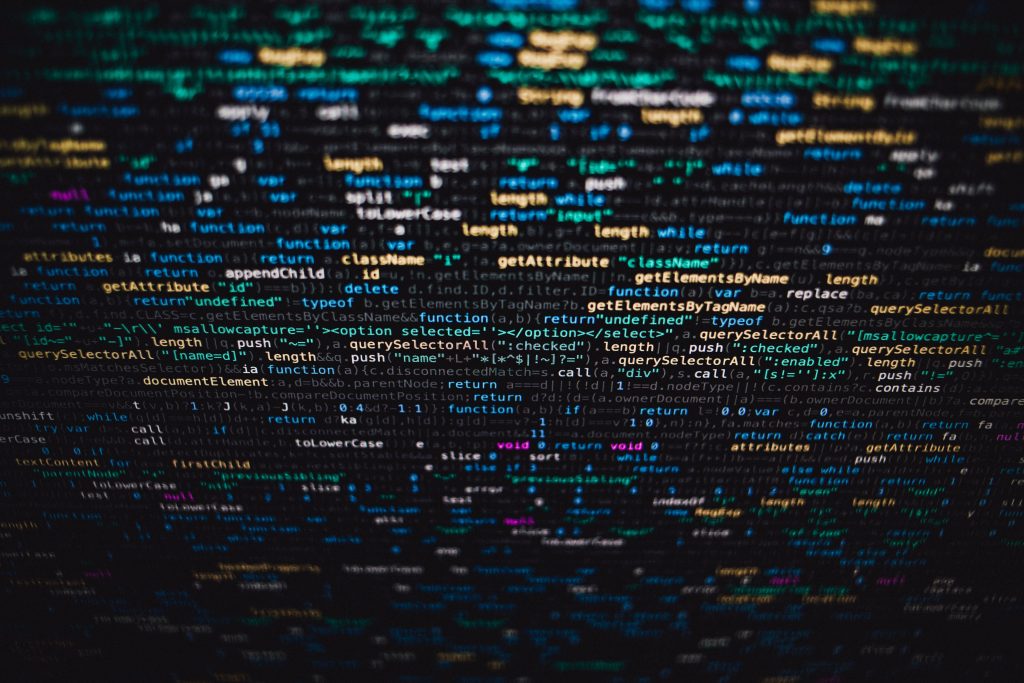AI in recruitment: Are we replacing the bias and how is this affecting strategic HR?
You might think of AI as something that powers robots and beats grandmasters at chess. But the truth is, AI is all around us, affecting everyday decisions – and HR is not immune, as many software tools use AI in recruitment selection decisions. Portfolio People Director Sharon Bridgland-Gough explains the benefits and the pitfalls.
What is AI?
AI (artificial intelligence) is the ability of computers to learn and make decisions similar to us, albeit much faster. It’s in search engines, chatbots and social media feeds; you can see it in action if you’ve recently bought a book from Amazon and find another book from the same author popping up on your ‘recommended items’ list.
How is AI used in recruiting?
AI can be used to help with time-consuming processes such as screening suitable candidates with keyword searches in applications. It can also be used to contact applicants with automated messages (‘Thank you for your CV; we are reviewing your application’, etc). This can be a godsend for anyone who’s had to sort through hundreds of applications. ‘Because it takes away the “legwork” of recruitment, recruiters can focus more on the longer term strategic talent plans,’ Sharon explains.
As well as time saving, AI can also help recruiters find candidates on sites like LinkedIn. ‘These are rich data sources that can help you think about who you’re trying to recruit in a more intelligent way,’ Sharon adds.
Watch out for ‘unconscious bias’
Despite all of the benefits, it’s important to be aware of the pitfalls. One of the key concerns with AI is the potential for ‘unconscious bias’ to be built into its algorithms by the people who develop them. In recruitment, this can affect which applicants are filtered out of the running for a job because they are not using certain keywords in their applications. ‘If you are dyslexic or speak English as a second language, you might not use those keywords,’ says Sharon. ‘You might have fantastic candidates taken out of the process right at the start and not even be aware of it.’
AI in recruitment agencies
This issue is likely to affect businesses that use recruitment agencies. ‘Even if businesses aren’t using AI themselves, the chances are their recruitment agency will be,’ Sharon continues. ‘And at the moment there is no easy way to check whether a product is biased. Until a framework is in place – like a standards committee or similar – to examine AI coming onto the market, organisations should take steps to ensure that any AI being used has bias removed from it.’
How can they do that? Sharon advises taking the time to develop a good relationship with a recruiter you can trust – and as part of that, check their screening processes and how they liaise with candidates. ‘Remember that the recruitment agency represents you and your brand,’ she says. ‘It’s your business to know what AI tools and techniques they use. Get them to walk you through what they do.’
It’s no replacement for the ‘human touch’
Sharon also advises against relying too heavily on AI when it comes to liaising with candidates. ‘AI can’t replace the empathy of human interaction when giving feedback as to why someone was or wasn’t shortlisted,’ she says.
Like so many technological solutions, AI has pitfalls – but if you take measures to mitigate them you can still enjoy the benefits it brings. ‘By all means, use it to speed up your processes,’ says Sharon. ‘Just be aware it’s not a replacement for a proper quality assurance process and human interactions.’
Our People Directors can help you put together a plan for your recruitment to help achieve your business goals. Call us on 0808 164 5826 to find out more.

Sharon Bridgland-Gough, People Director


